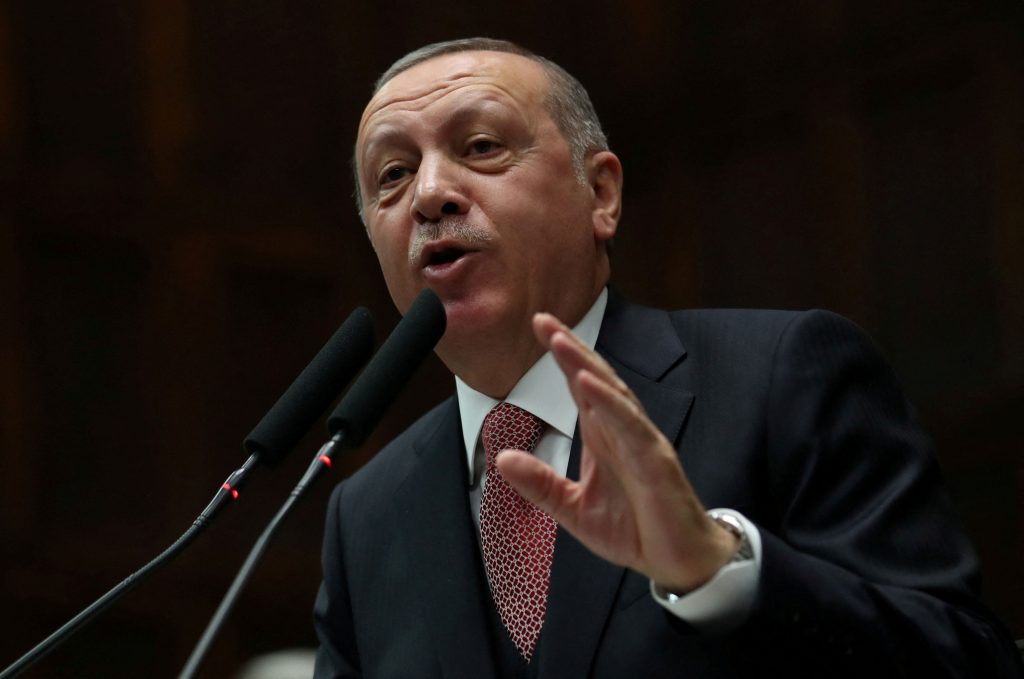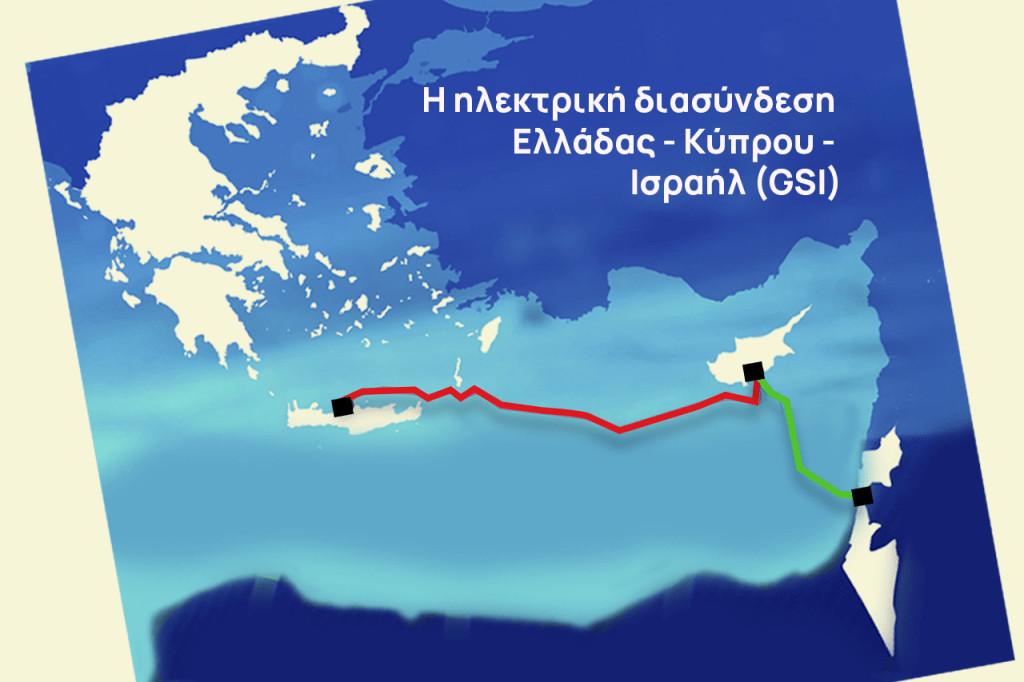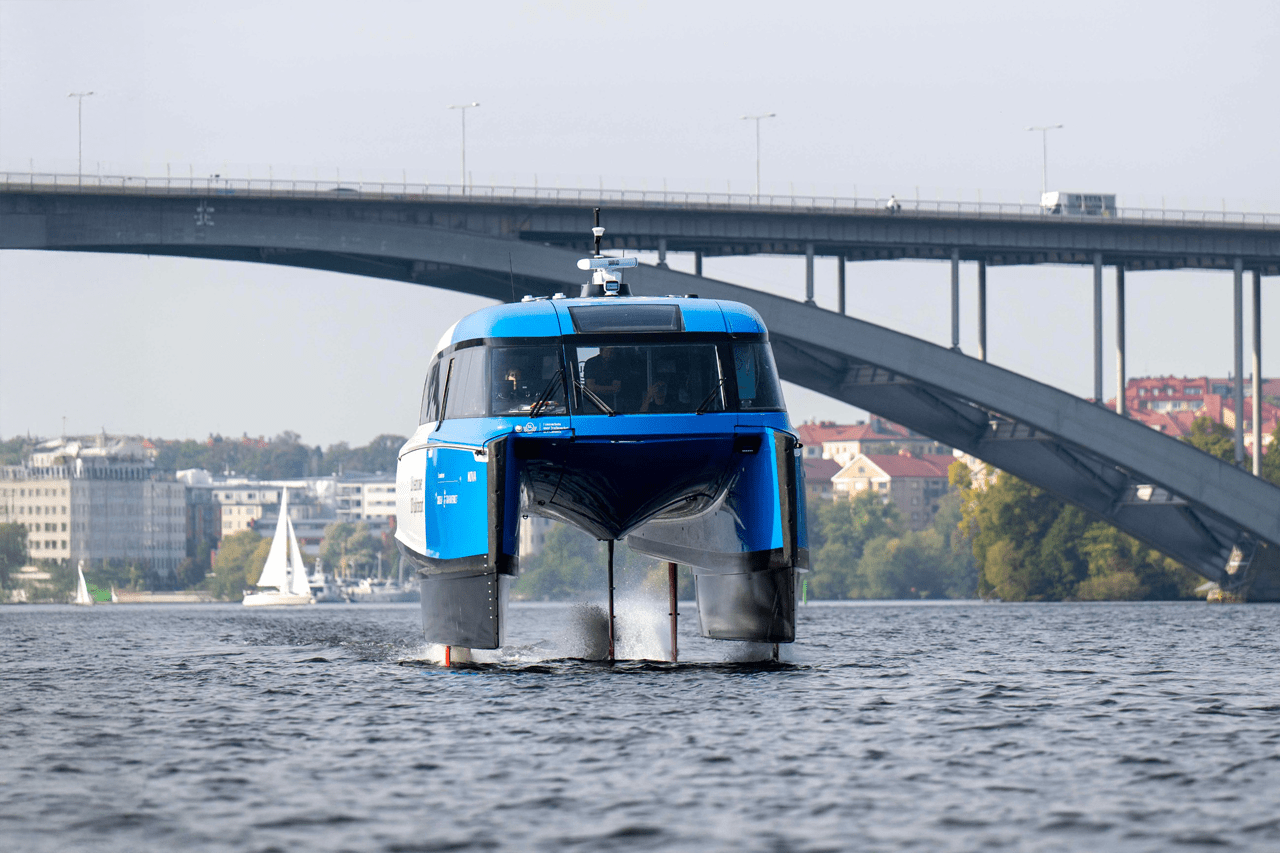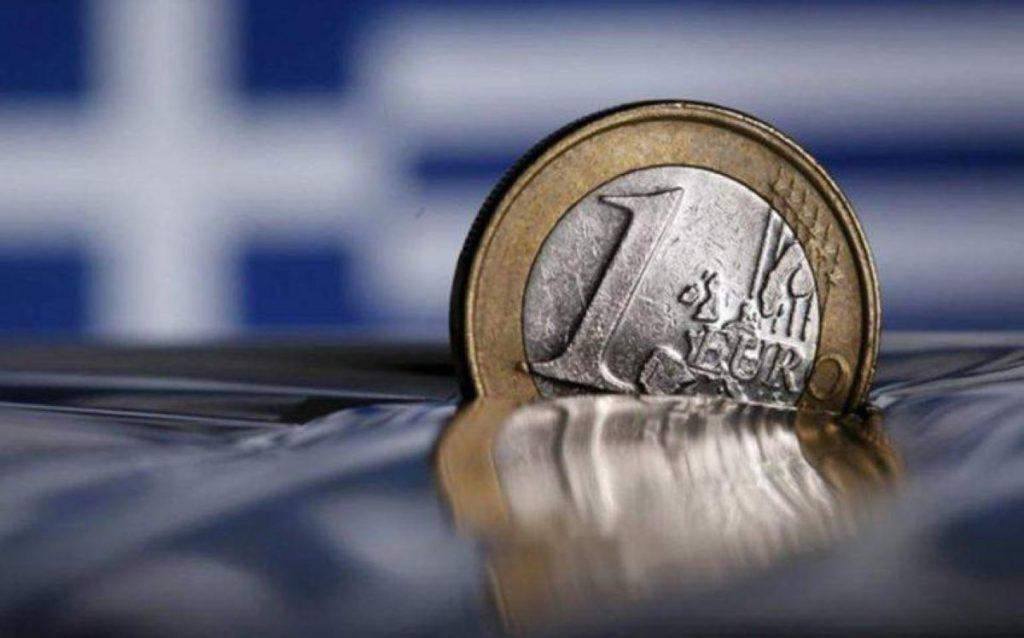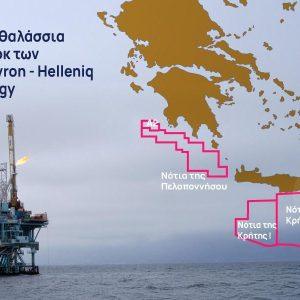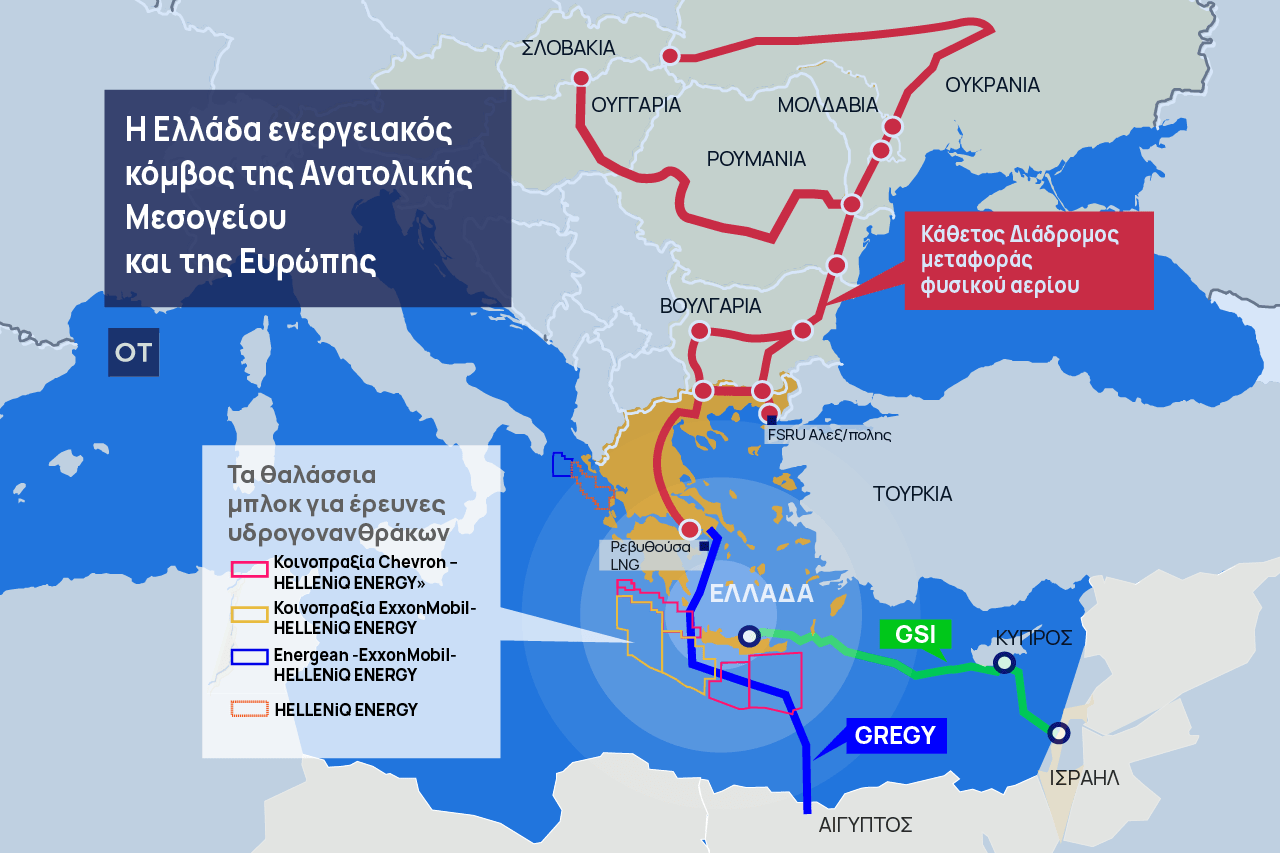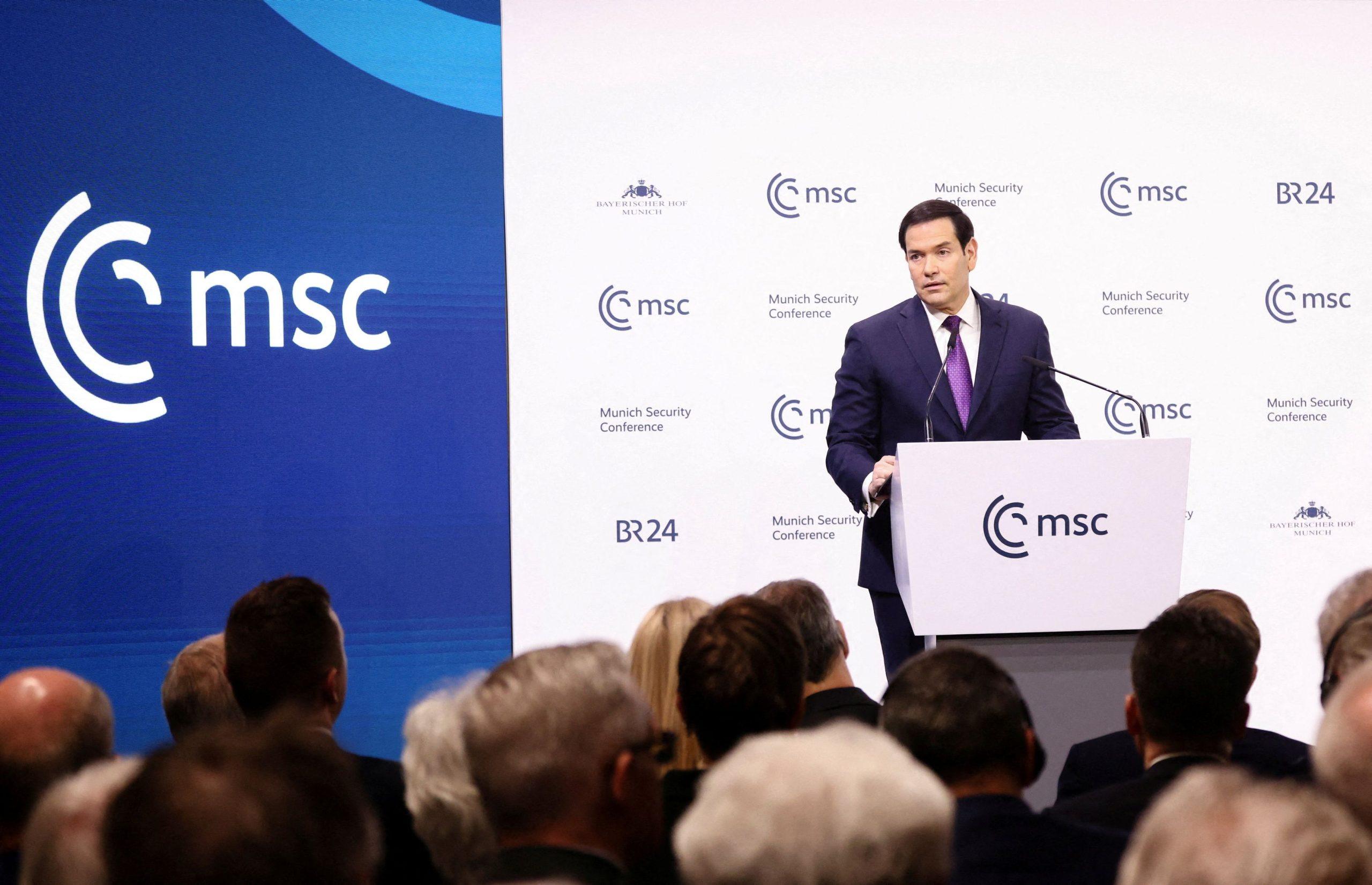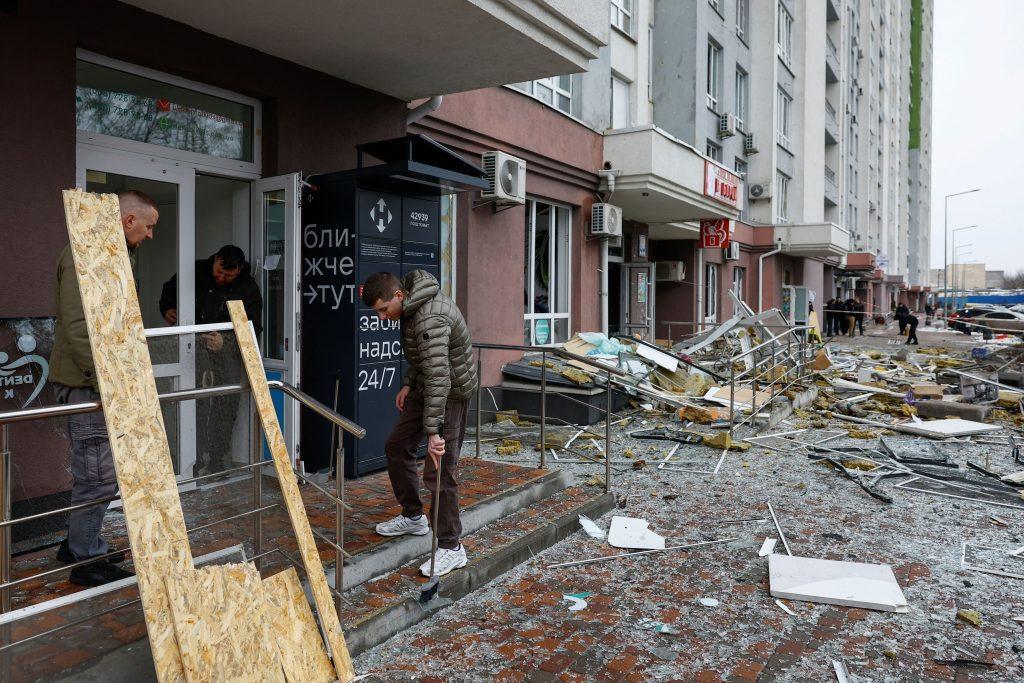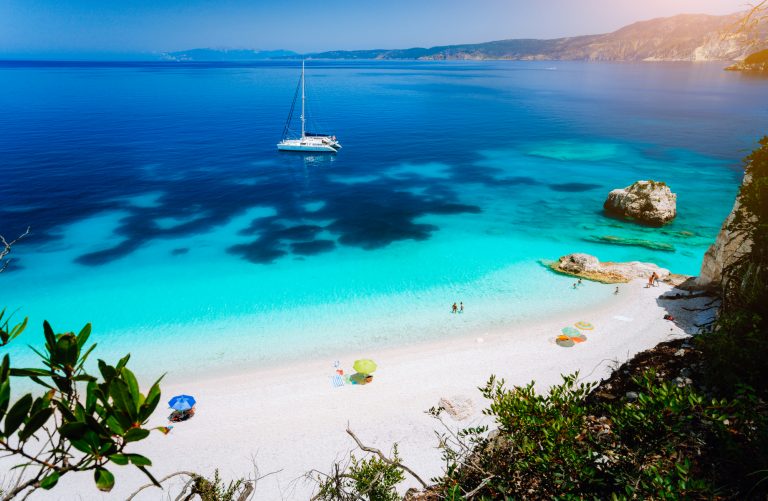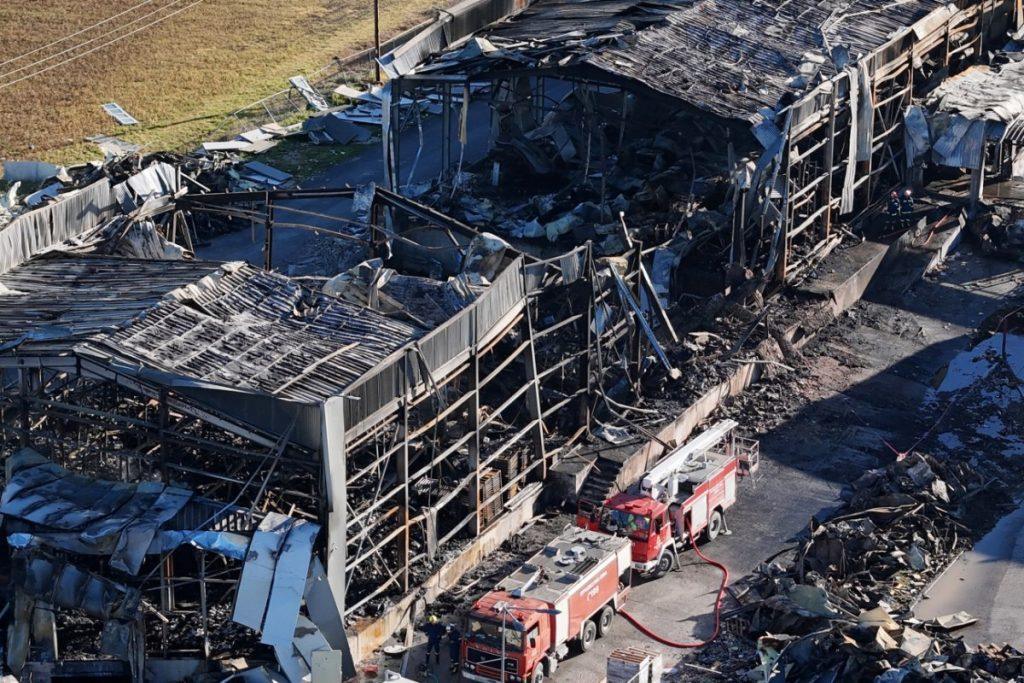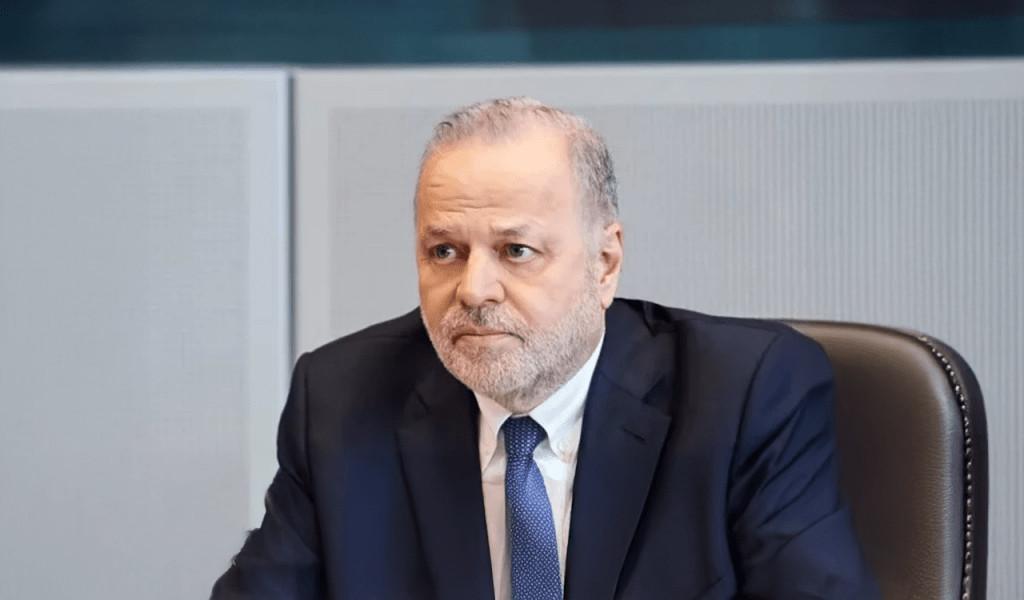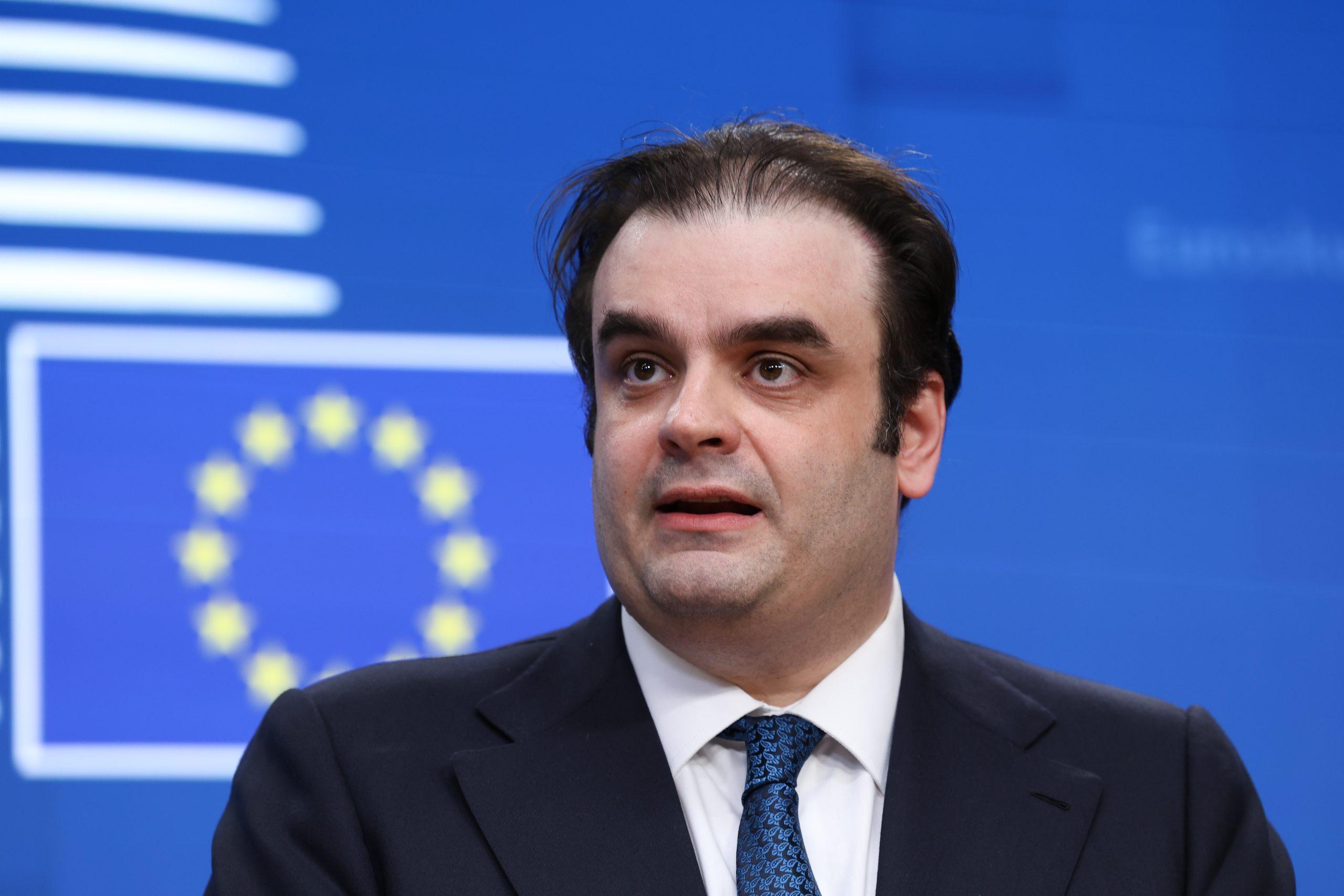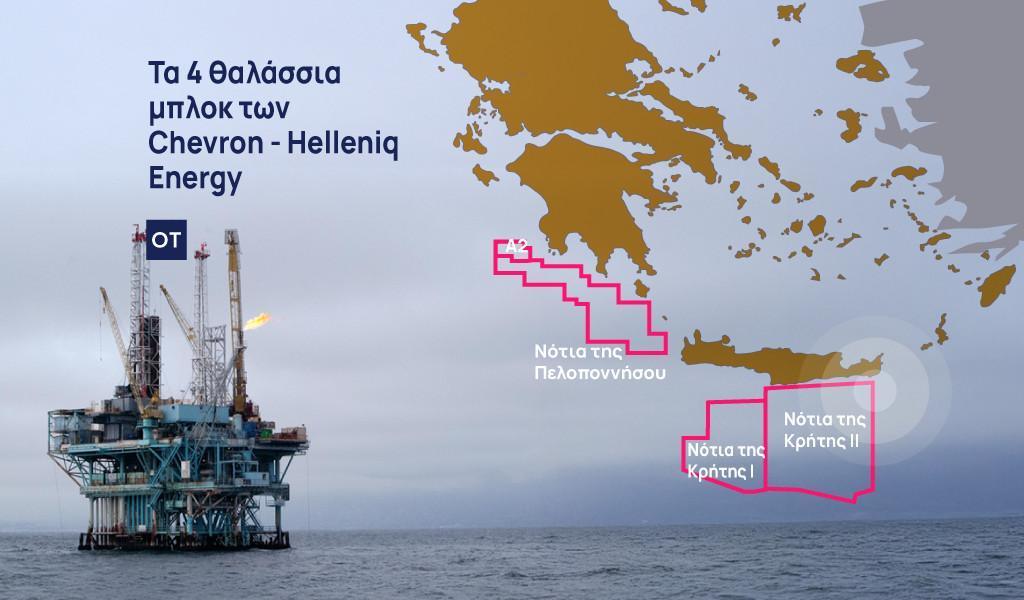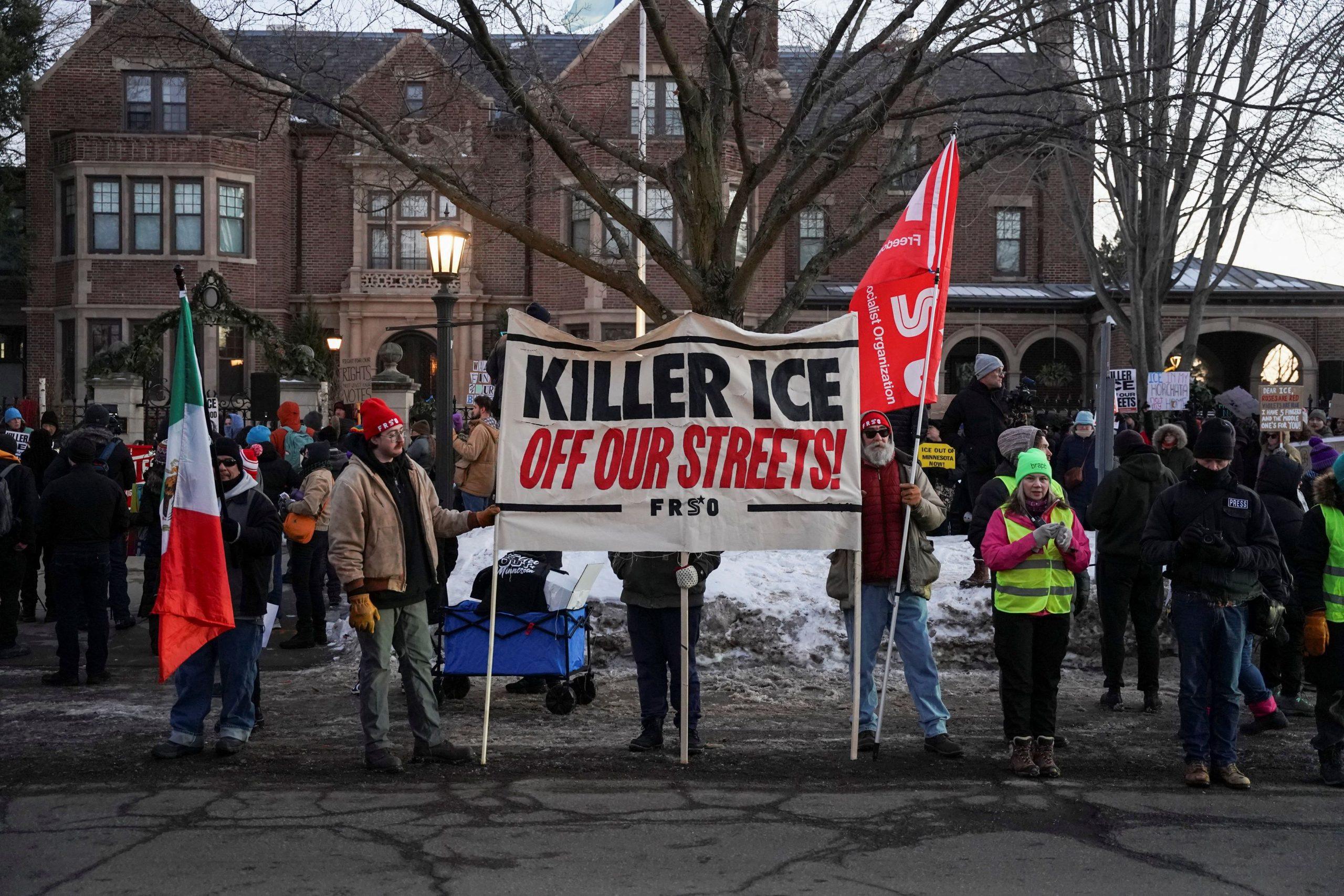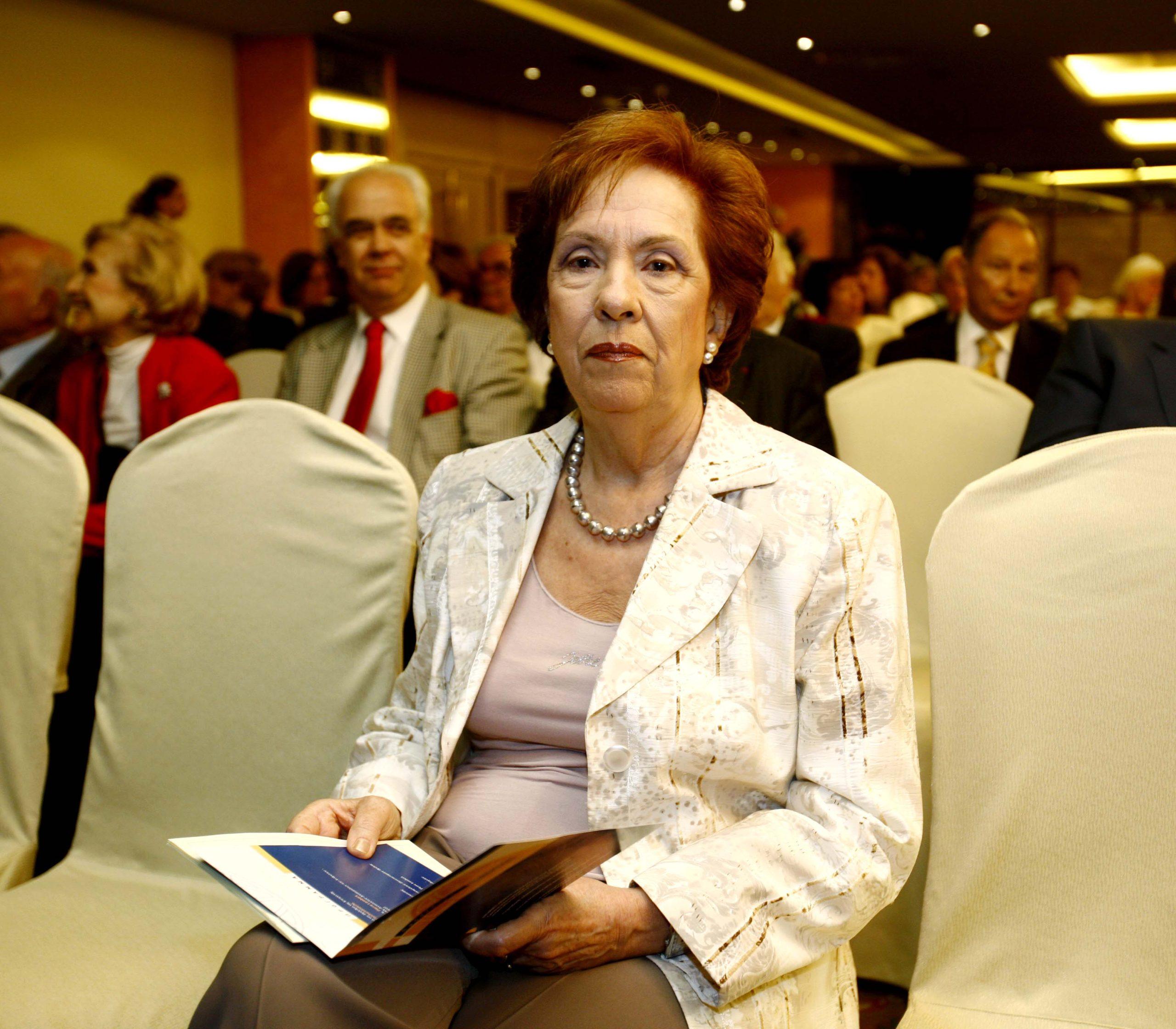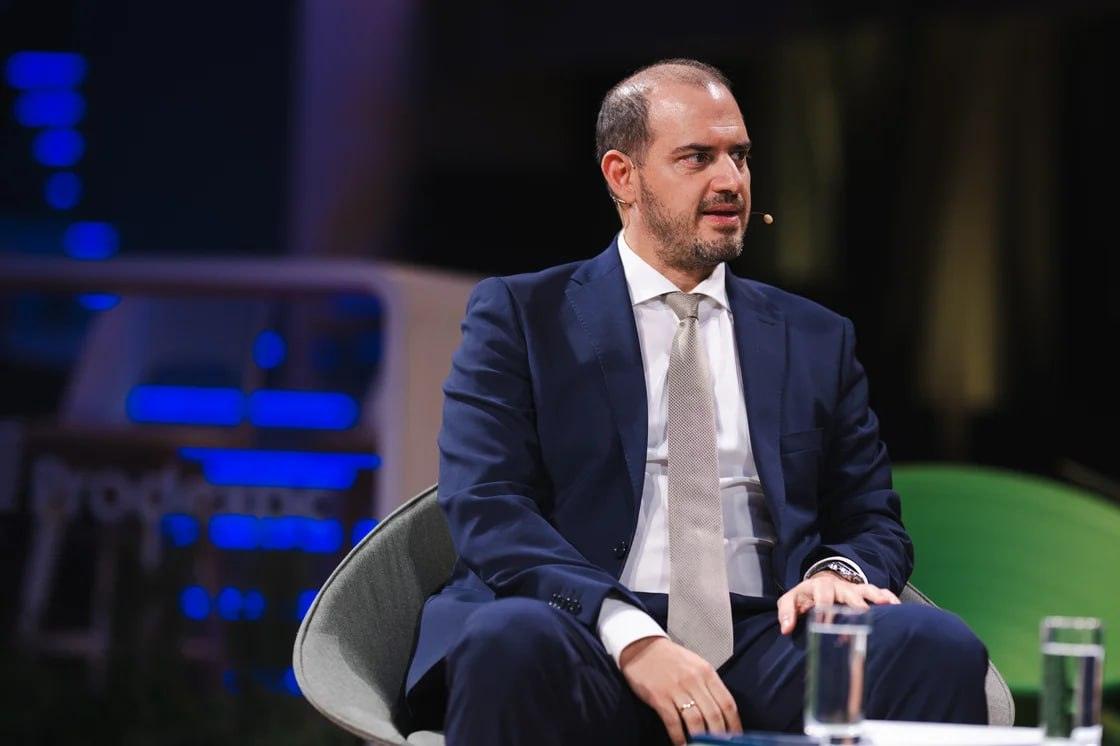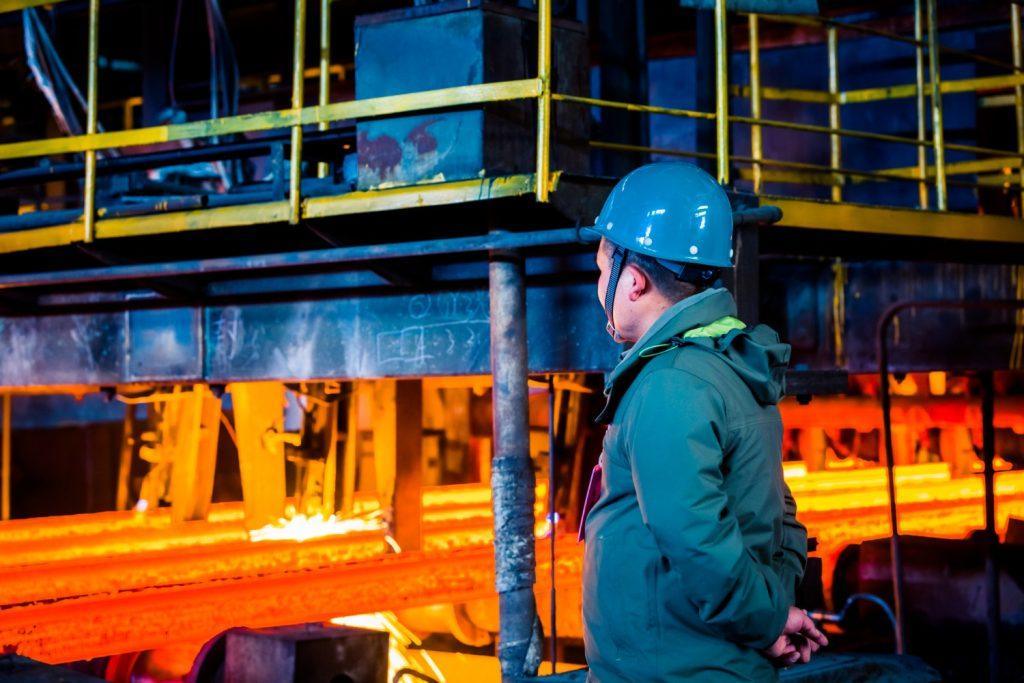“The United States withdrew its support from the Greece-Israel pipeline project because it realized it was not economically viable,” Turkish President Recep Tayyip Erdogan said today, arguing that the project could not be designed without Turkey.
“They analyzed and realized that there was nothing positive in this (project),” Erdogan told reporters on the presidential plane as he returned from Albania today. He noted that the cost estimates for the project also did not add up properly, which was one of the priorities of the United States, “a country that takes all its steps according to capital.”
Referring to the Greece-Israel pipeline, the Turkish president said that “you can not do this without Turkey”, adding that the Israeli Minister of Energy had presented a proposal to the then Minister of Energy Berat Albayrak and that Turkey and Israel could have entered into an agreement.
Ankara and Tel Aviv can still reach an agreement
The Turkish president said that Ankara and Tel Aviv could still reach an agreement by discussing the terms of the agreement, noting that he was in talks with Israeli President Herzog and that Prime Minister Naftali Bennett was also aware of this. Finally, he argued that Turkey’s approach to the Eastern Mediterranean issue is clear and that his country has signed an agreement with Libya to formalize it.
Referring to the equipment acquired by Turkey for the development of the deposits, he said: “We bought four drilling vessels and two seismic vessels. Did we buy them for nothing? These ships will be active in the Black Sea and the Mediterranean,” he said, adding that Turkey aims to have the strongest infrastructure in the sector.
